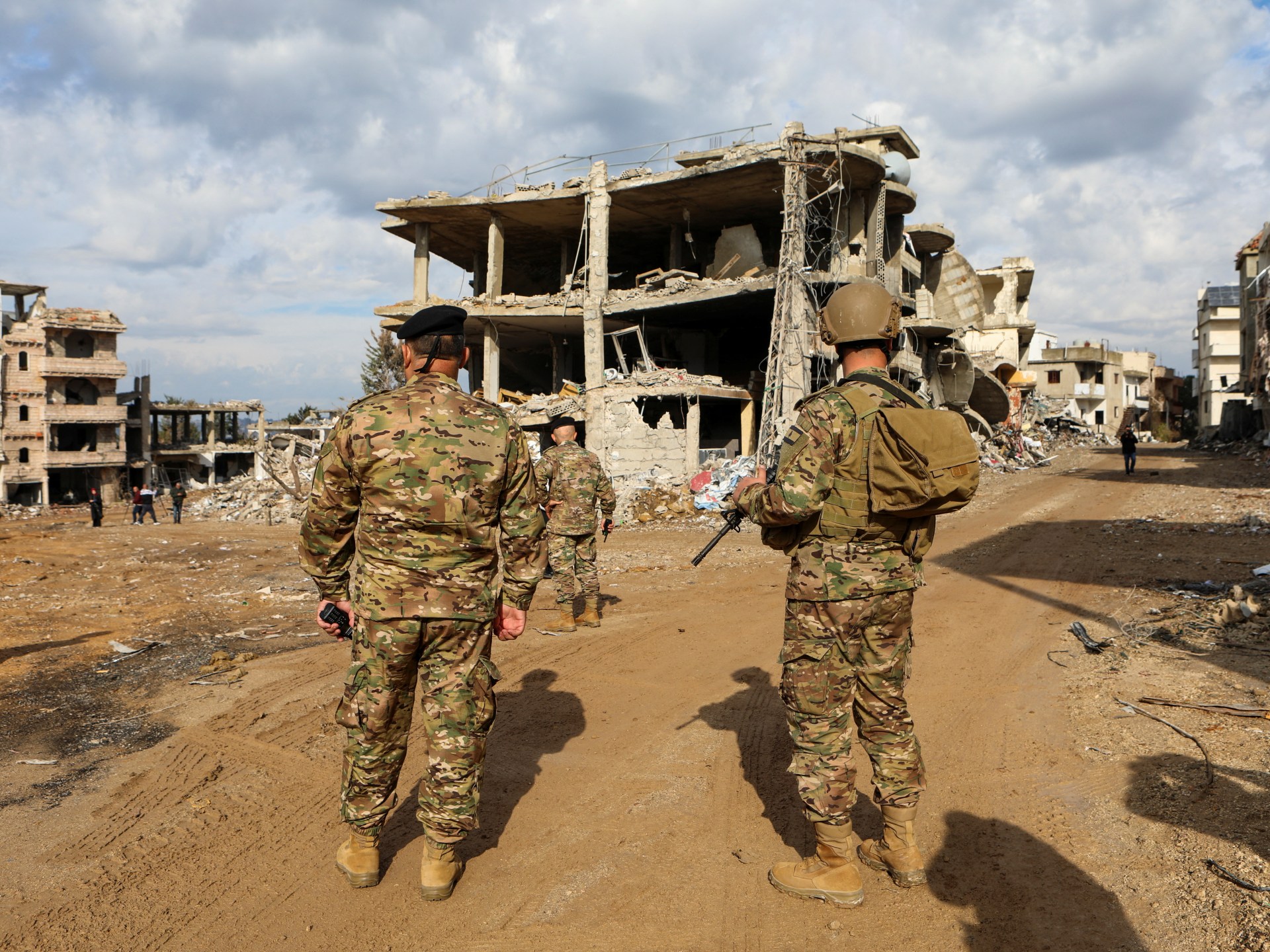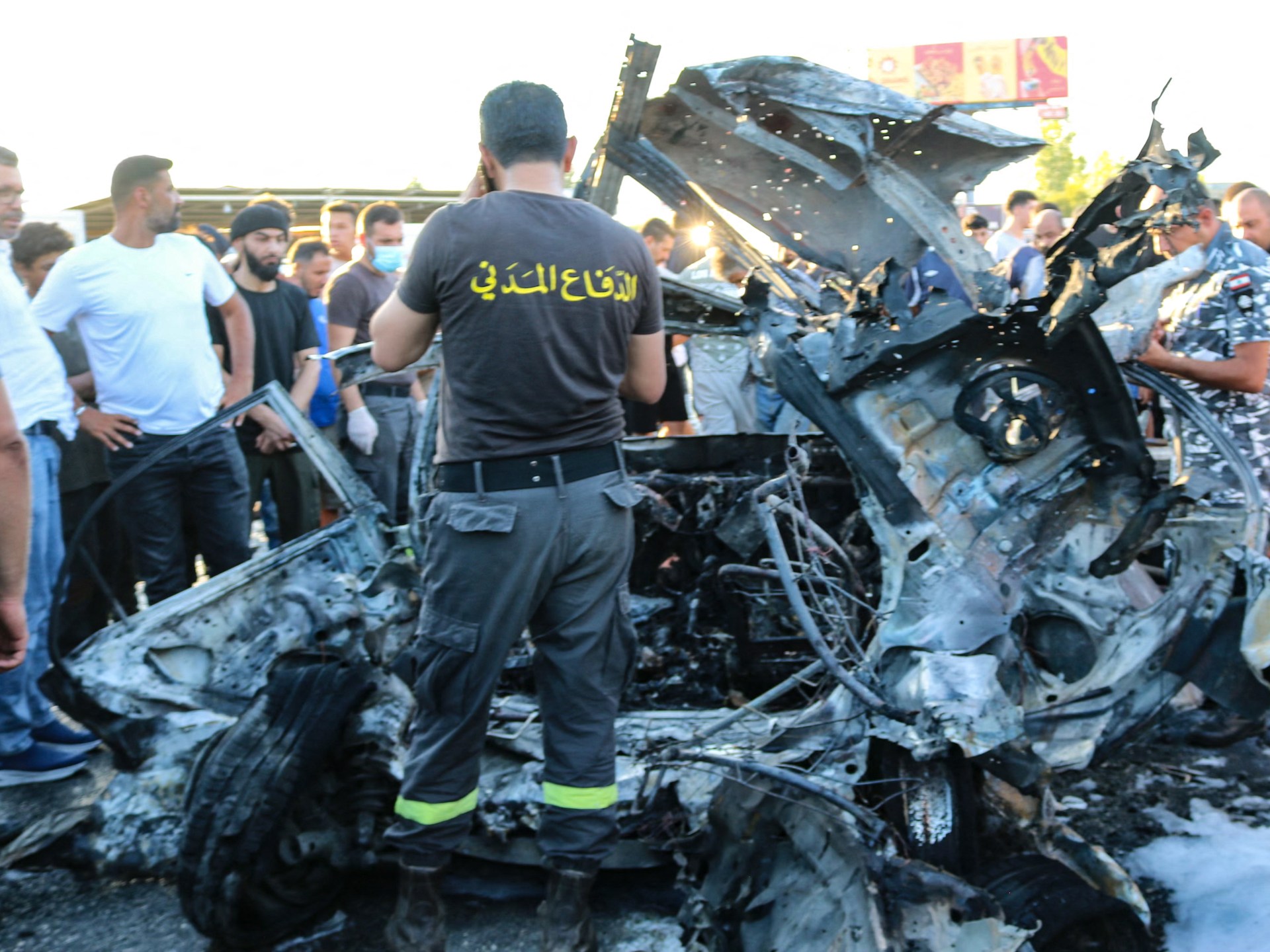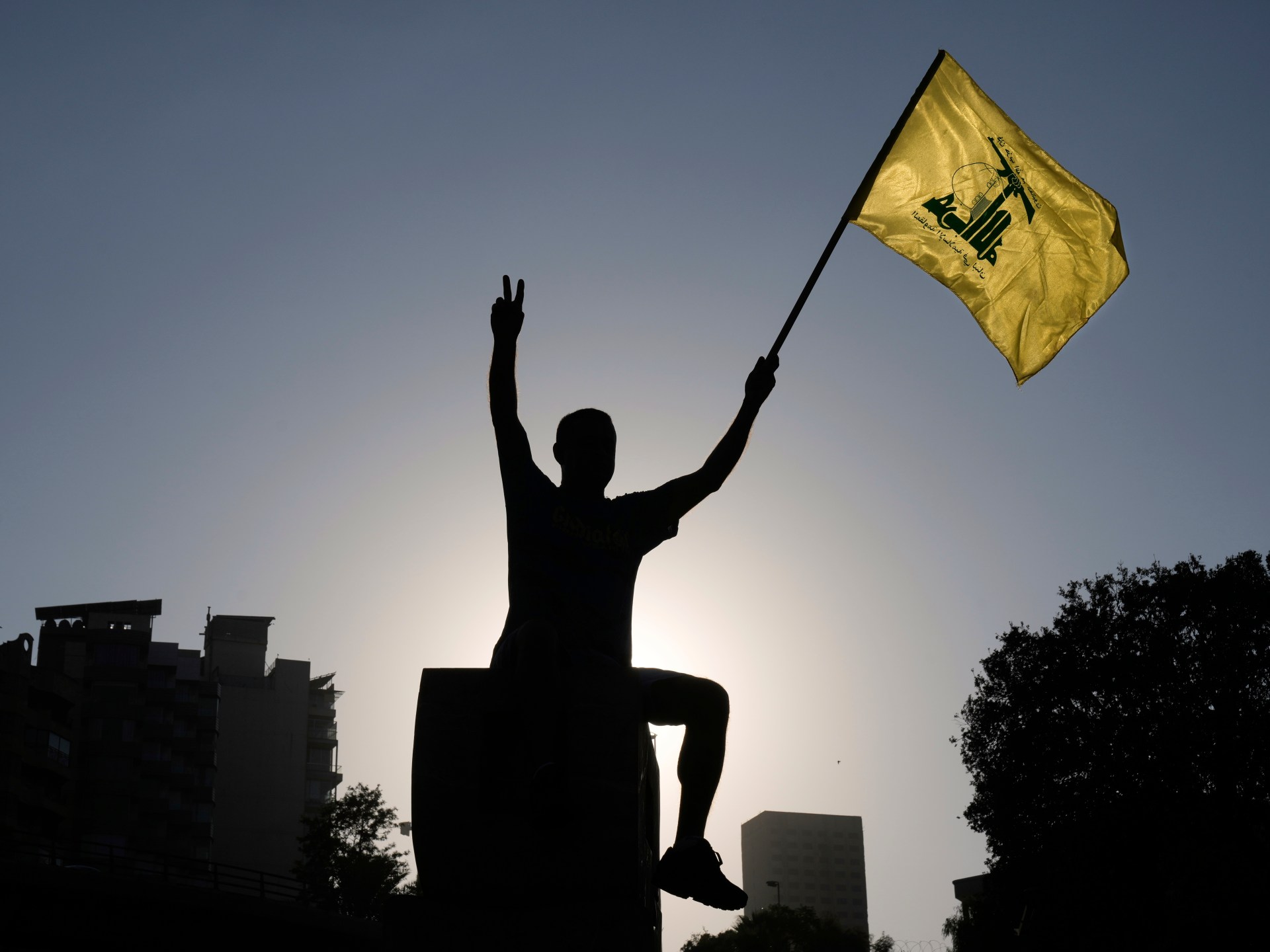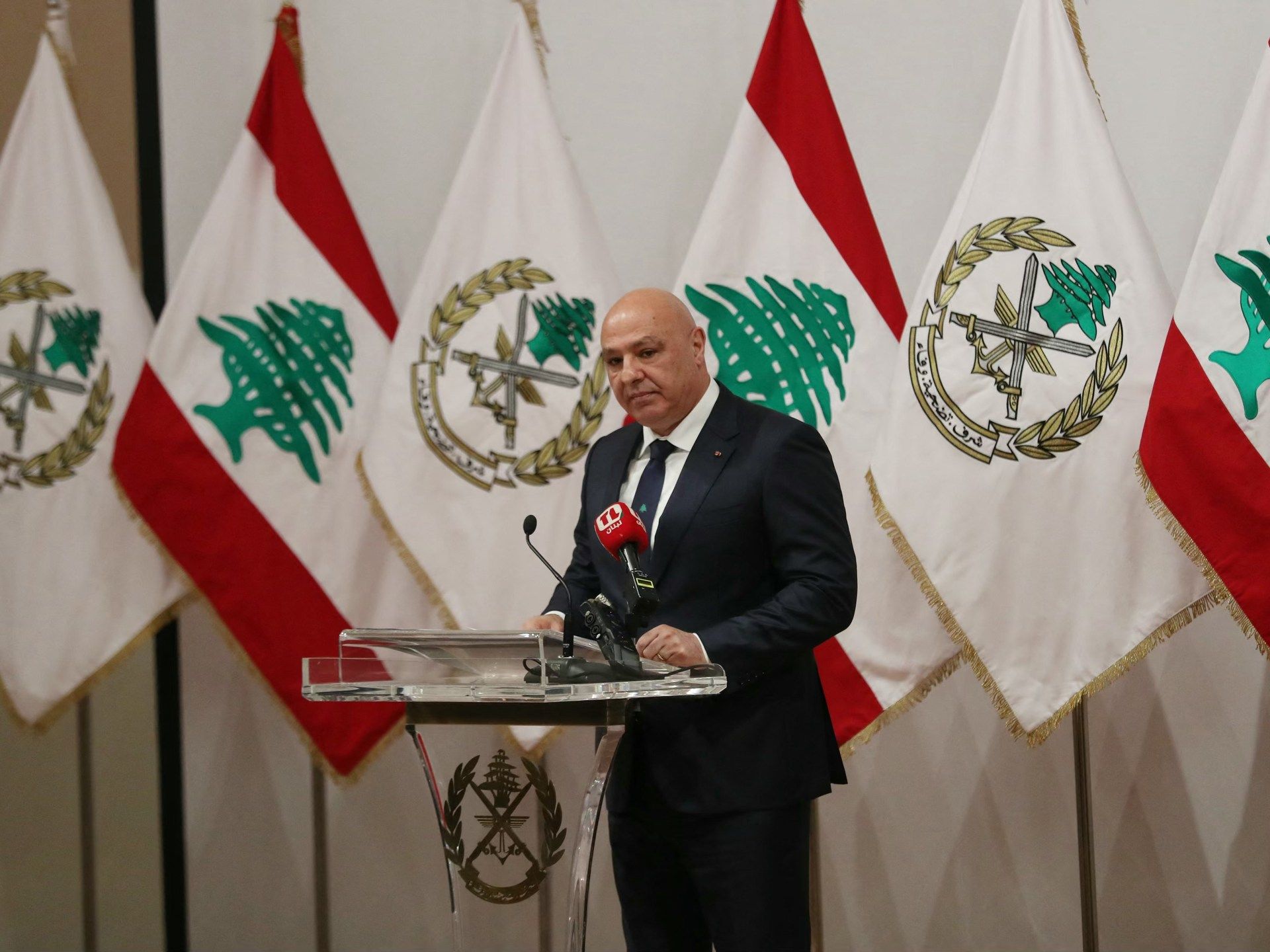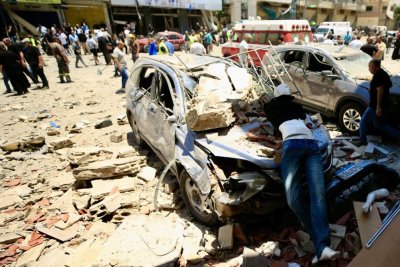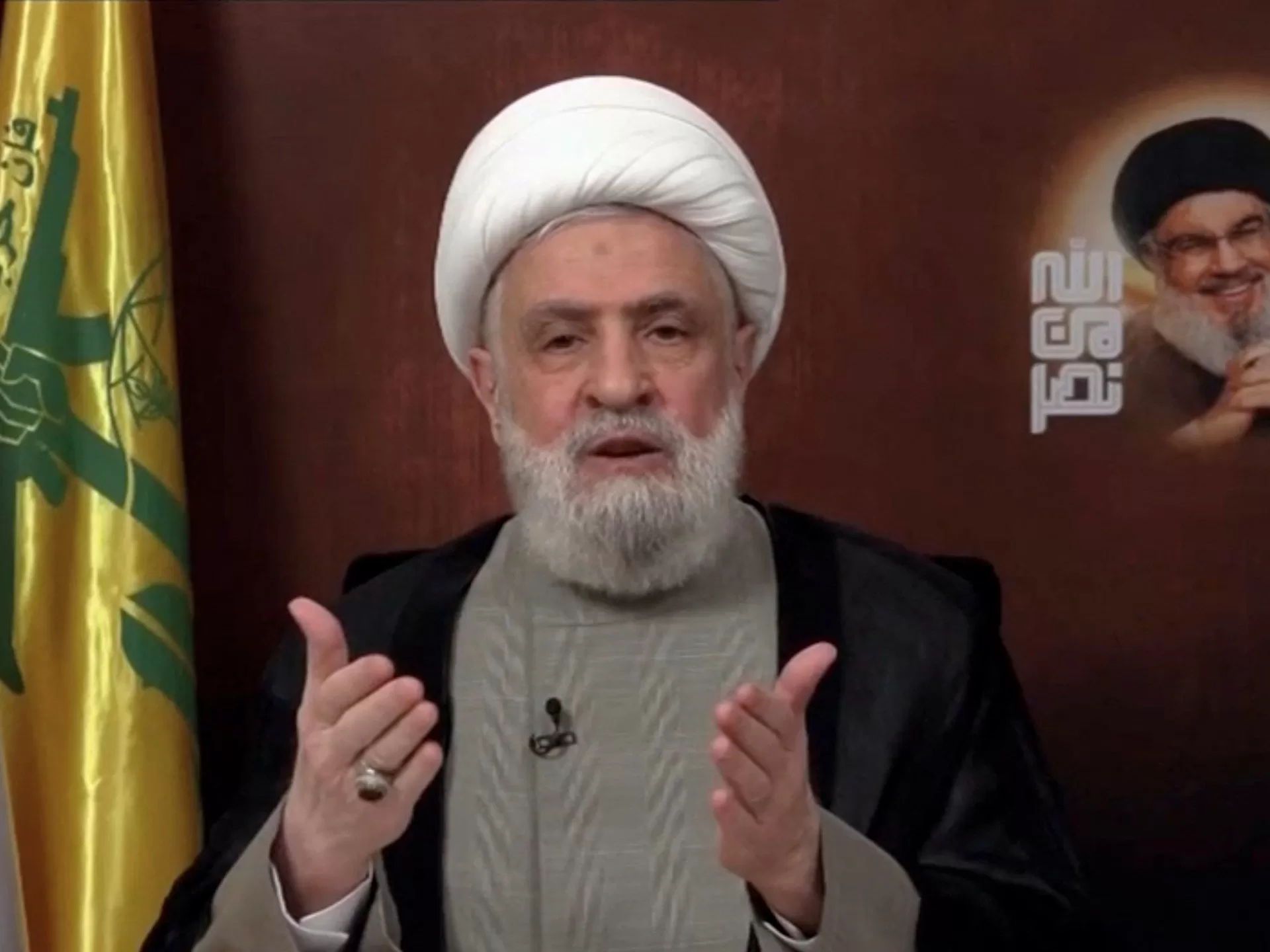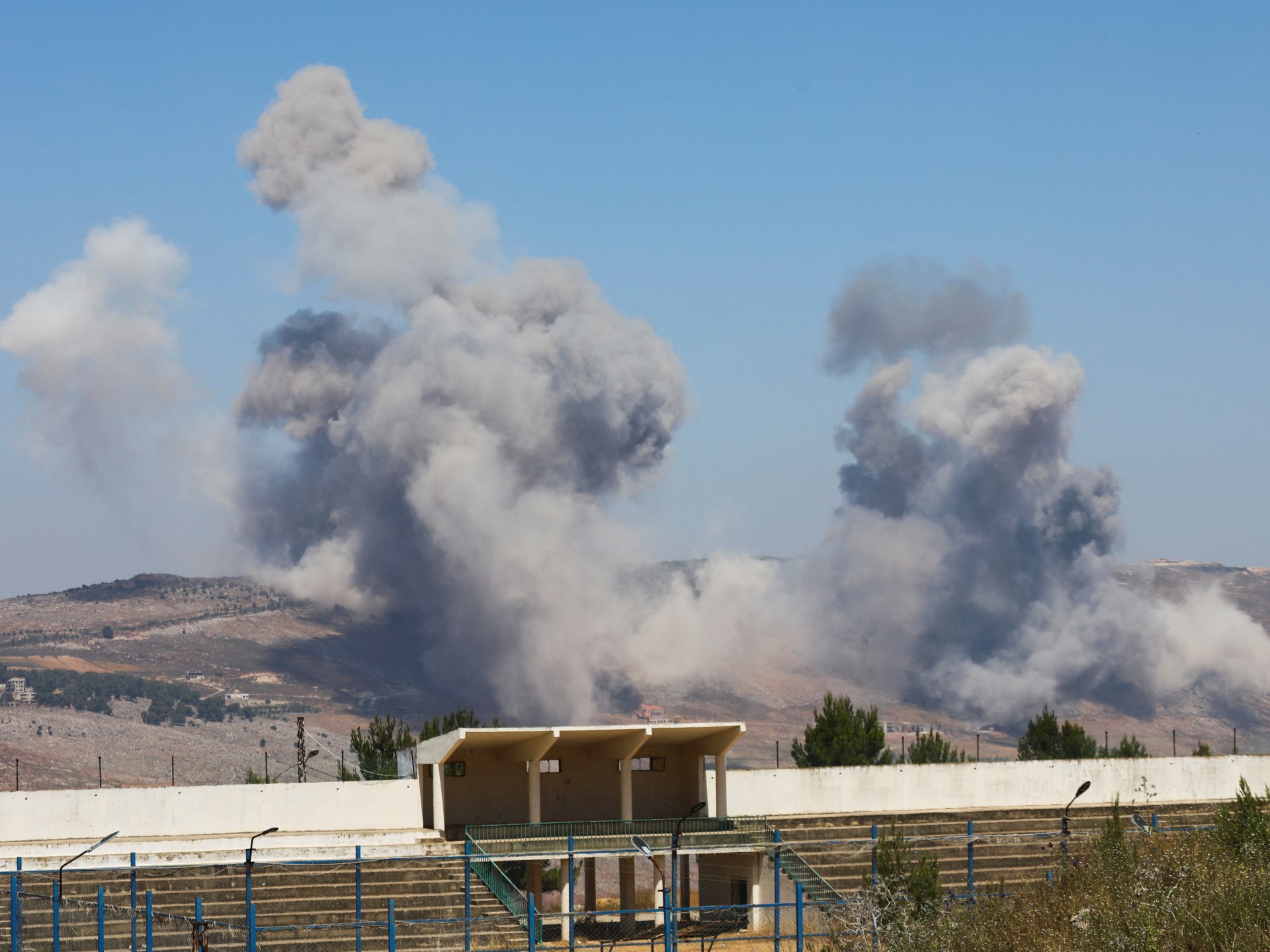Will Lebanon succeed in disarming Hezbollah? | Israel attacks Lebanon News
Lebanon’s government has announced a timeline for Hezbollah’s disarmament, saying the military would set out a plan to bring all weapons under state authority before the end of 2025.
This comes after months of pressure from the United States after Israel’s war on Lebanon killed more than 4,000 people and culminated in a ceasefire in November. Israel has continuously violated the ceasefire and still occupies five points in Lebanon.
Hezbollah’s arms have long been a contentious issue in Lebanon, and attempts to interfere in Hezbollah’s infrastructure or military capabilities have led to internal conflict.
However, Hezbollah took heavy losses in Israeli attacks last year, which diminished its status as Lebanon’s political and military hegemon.
As the issue of disarming Hezbollah heats up, here’s what you need to know about the government’s announcement on Tuesday and the situation in Lebanon:
What did Hezbollah say?
It doesn’t like the disarmament plan.
In fact, Hezbollah said it would treat the decision as though it didn’t exist.
“The government of Prime Minister Nawaf Salam committed a grave sin by taking a decision to strip Lebanon of its weapons to resist the Israeli enemy. … This decision fully serves Israel’s interest,” the group said in a statement.
Despite its flat-out rejection of the government’s decision, Hezbollah has yet to respond with force.
Under its late leader Hassan Nasrallah, the group threatened that any act taken against its arms could lead to civil war.
This time, Hezbollah has not taken military action, possibly a result of a change in its strategy or because of its weakened capacity after the war.
Rumours circulated during a cabinet session on Tuesday that Hezbollah supporters in black shirts were gathering along the highway in Khaldeh, just south of Beirut, but that turned out to be a restaurant celebrating reaching one million followers on Instagram.
Pro-Hezbollah protesters did briefly block the airport road in Beirut after the government’s decision, but little else has manifested despite heightened domestic concerns.
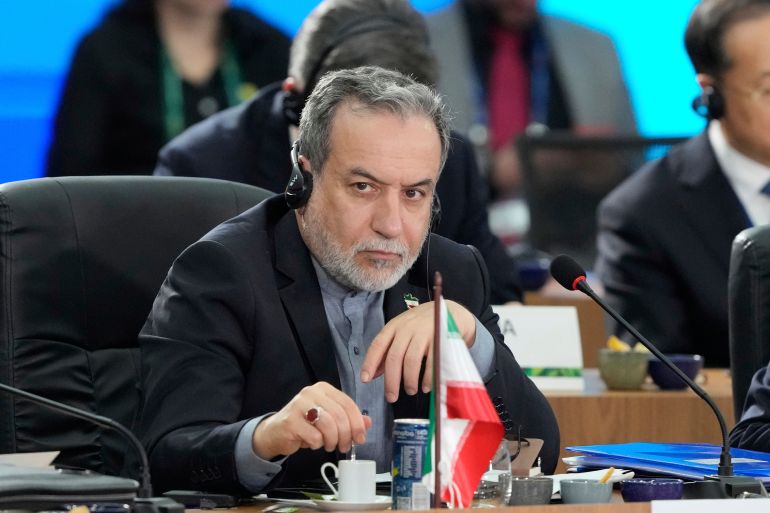
What about Iran, Hezbollah’s backer?
Iran voiced support for Hezbollah but said it has no role in shaping the group’s decisions or policy.
The comments came from Foreign Minister Abbas Araghchi, who said the efforts to disarm Hezbollah wouldn’t work.
“This is not the first time they’ve tried to strip Hezbollah of its weapons,” Araghchi said. “The reason is clear: The power of resistance has proven itself in the field.”
Iran played a formative role in founding Hezbollah in 1982 during the heat of the Lebanese Civil War and has been the group’s main benefactor ever since.
But since Israel’s war on Lebanon, Iran’s ability to support Hezbollah has taken a major hit. The Lebanese government has blocked flights from Tehran, and the fall of Bashar al-Assad’s regime in neighbouring Syria has blocked the land route used to transport funding and weapons.
How did Lebanon respond?
Iran’s comments angered some Lebanese officials.
Foreign Minister Youssef Raggi said Araghchi’s statement is “firmly rejected and condemned”.
“Such statements undermine Lebanon’s sovereignty, unity and stability and constitute an unacceptable interference in its internal matters and sovereign decisions,” Raggi said.
Is disarmament going to happen?
This remains to be seen.
Salam said after a follow-up cabinet meeting on Thursday that his ministers approved the “objectives” of a US proposal for “ensuring that the possession of weapons is restricted solely to the state”.
“The government is now expected to formally commit to disarming Hezbollah, a decision that could … ignite a political crisis,” Al Jazeera’s Beirut correspondent Zeina Khodr said.
Hezbollah has yet to respond forcefully, and anti-Hezbollah politicians have used increasingly bold rhetoric.
“If there is a cost to be able to centralise the weapons with the … Lebanese armed forces, [it may be] better like that,” Elias Hankash, a Lebanese MP with the anti-Hezbollah Kataeb party, said.
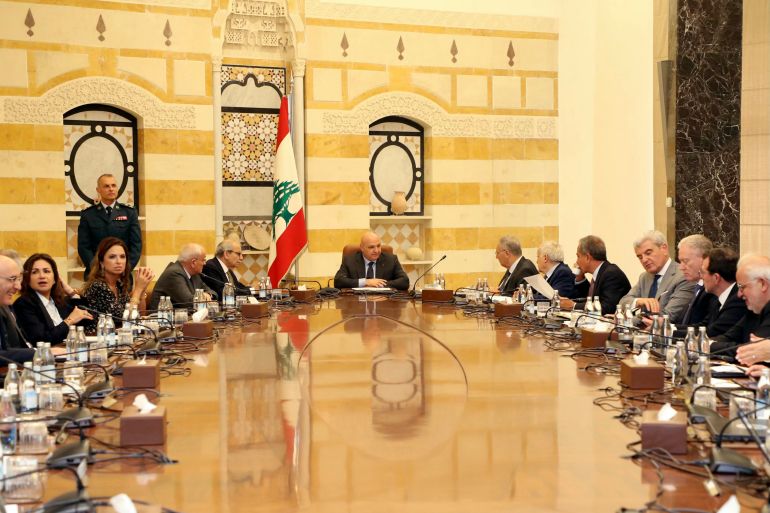
President Joseph Aoun and Salam will have to navigate US pressure and domestic support for disarming Hezbollah with opposition from the group and its supporters, who are reeling from Israel’s war.
The World Bank has said Lebanon needs $11bn for reconstruction and recovery, the vast majority of which is needed in southern Lebanon, the Bekaa Valley and Beirut’s suburbs, where most of Hezbollah’s support is based.
Have any Hezbollah members expressed discontent with disarmament?
Plenty of discontent has been expressed.
Hezbollah leader Naim Qassem rejected the idea, saying the group’s disarmament would make Lebanon vulnerable to attack and would serve only Israel.
Ali Mokdad, a Hezbollah MP, also dismissed the decision, calling it “ink on paper”. Another Hezbollah MP, Mohammad Raad, said the decision could never be implemented and compared Hezbollah giving up its weapons to “suicide”.
What are things like right now?
Tensions were heightened on Saturday when six Lebanese soldiers were killed while inspecting an alleged Hezbollah weapons site.
Hezbollah reportedly booby-trapped sites in southern Lebanon during the war in case invading Israeli soldiers came upon them.
Many from Lebanon’s south are antagonistic towards Beirut, feeling the government has not been able to defend the south, which continues to suffer from daily Israeli attacks. Residents also lament the lack of public statements about the deaths from those attacks.

